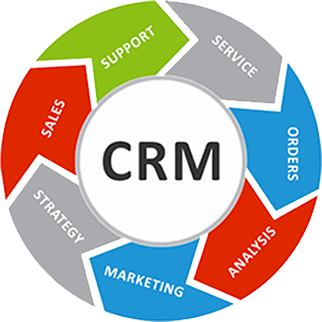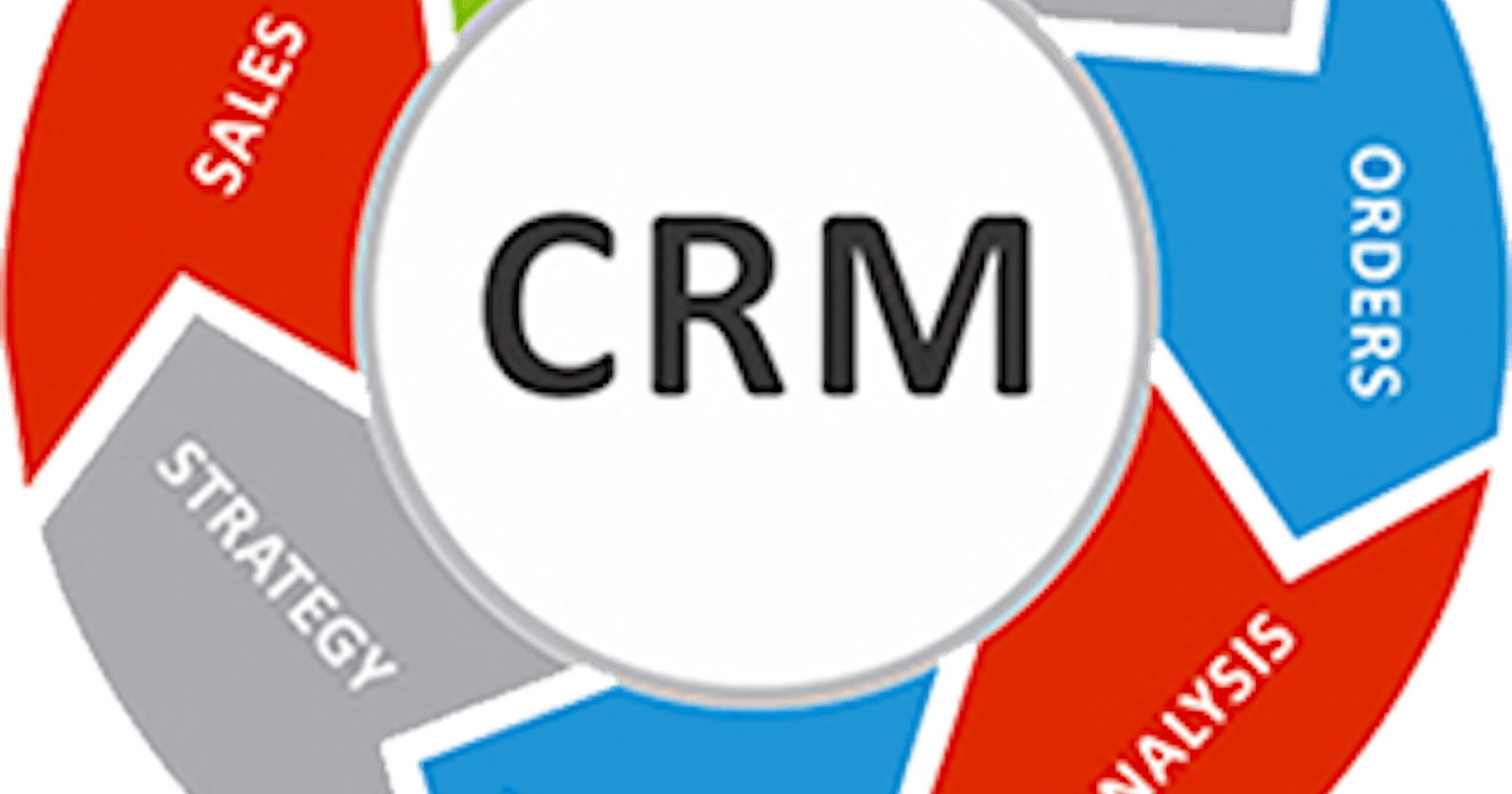What is CRM? CRM stands for Customer Relationship Management. This is a company's strategy to develop their business in various aspects by processing customer data using application assistance. However, how is the concept and implementation of CRM in your company? Here's the full review.
Get to know CRM (Customer Relationship Management)
CRM is a way for a company or a group to collect customer data. CRM stands for Customer Relationship Management or in Indonesian means "management of customer relationships". This system is a solution in developing a business by strengthening the relationship between companies and consumers.
The concept of CRM is usually carried out by an industry by collecting information from customers that they need. This process certainly brings many benefits to the company, because with CRM, the specific characteristics of customers can be easily identified.
What is e-CRM?
e-CRM is a tool on the internet that you can use to fulfill your CRM goals. Its use can be done through devices such as computers, laptops, and cellphones.
The use of e-CRM is one way that many large companies use to find out and improve customer satisfaction. Some examples of e-CRM are in the form of web browsers and e-mail subscriptions. CRM Benefits In addition to ensuring that the company and customer relationships become stronger, CRM is a way for companies that can also help in other aspects, such as finance and internal relations. Check out some of the other benefits of CRM below.
1. Strengthen the relationship between the company and customers
Maybe you often hear the proverb "don't know then don't love". The concept of CRM is to help companies as much as possible to get to know their customers. This will create a close relationship between the two.
Both parties, both the company and the customer, will benefit from this relationship. From the company's perspective, the offer will be delivered well and bring benefits. Meanwhile, in terms of customers, satisfaction will arise because their needs can be met.
2. Improve finances
Second, the benefit of CRM is to increase finances. This strategy will facilitate the company's designing and marketing process . That way, the time and costs spent are not too much, so that more profits come in and increase the company's finances.
3. Generate brand loyalty to customers
Regarding the close relationship between the company and the customer, the benefit of CRM is to generate brand loyalty . Why? This is because, initially customers will only feel that the company knows them well.
But without realizing it, this has led them to continue to interact and contribute to the company. So that will appear loyalty to themselves, or in this case is often referred to as brand loyalty .
4. Workflow is more efficient
The fourth point in the benefits of CRM is an increase in the efficiency of work operational processes within the company. This is because, if the CRM process is carried out properly, the work of each division will automatically be easier.
 For example, the marketing division, they will easily convey marketing to customers according to their preferences. That way the time will not be wasted.
For example, the marketing division, they will easily convey marketing to customers according to their preferences. That way the time will not be wasted.
CRM Components
As the name suggests, CRM is Customer Relationship Management. There are three important components that form the basis of the CRM concept. Check out the full review below.
Customer (Customer)
Customers are the main component in a series of aspects of this one corporation. However, who exactly is a customer? Customers are part of the community involved in using the company's services.
The forms of their involvement also vary from the viewing process to making transactions. It doesn't have to be at this time, even people who have previously or will use the company's services can still be called customers.
Relationships
The second point in the CRM component is the bond between the company and the customer. This component proves that in the CRM concept there must be two-way communication between the two.
So that it is not only communication by the industry in the form of offering their services or products, but also the communication process carried out by customers to the business itself.
An example is when customers interact with product offering content on social media, whether just giving likes or comments. In addition, evaluations such as testimonials can also be a form of communication made by customers.
Management (Management)
The last component of CRM is Management. This point talks about how the company tries to manage its relationship with customers. This is done so that the company's development will continue well for a long time.
CRM Example
Many CRM activities are usually carried out by companies. Interested in knowing some of these apps? Here are three examples of CRM that you can use as a reference.
CRM on Website
One example of CRM is the addition of a form on the website. Usually, the form provided by the company will contain questions about assistance that can be provided to customers. The results of the form are collected into a database and become feedback for the company.
In addition, you can also provide an email subscription form . That way, customers will receive the latest news updates that you provide. So they will stay connected with your company.
CRM on Email
Subscriptions or email subscriptions in the CRM example are one of the industry's ways of announcing promos or things that can attract customer attention. Not infrequently, companies display posters and buttons that lead to certain promo pages so that potential customers can find out more practically.
CRM on Apps
Slightly different from websites and emails, examples of CRM in applications generally use rating features and comment fields that can be filled in by consumers. With this feature, companies can find out feedback about products, whether it's a measure of service satisfaction to customer criticism or input regarding certain products.
The three CRM examples above can be your way to keep building customer engagement. That way, they will also continue to receive information about your business subconsciously. This opportunity is good to take as an effort to build customer loyalty.
Application of CRM in Companies
Then how to apply CRM in the industry that is being run? Here are some steps you can follow.
Attracting customers (Acquiring)
The first step in implementing a CRM is to attract new customers to your company. This is because customers are one of the aspects that affect the sustainability of the industry in the long term.
Therefore, it is necessary to make efforts, namely by ensuring that the reputation of the company that has been built is good in the eyes of customers. That way, people who have the potential to become customers will be interested.
Adding customer value (Enhancing)
The enhancing step in implementing CRM is that the company will deal with up-selling and cross-selling methods. Up-selling is a company's effort to offer similar products to customers with higher product values with the aim of increasing profits.
Meanwhile, cross-selling is a method of selling that is done by offering complementary products from the main product. By making these two efforts, the customer value of your company will also increase.
Retaining customers (Retaining)
The last stage in implementing CRM is to retain customers. In addition to attracting new customers, it is also important to pay attention to customers who have long been interested in the industry you run. The way you can do is by listening to the feedback they give.
Opportunities to grow your company will always be there. But of course it cannot be done alone without involving other parties, especially customers. The application of the CRM concept is important so that it allows you to find out customer feedback and evaluate the company. That way your company can continue to grow.
Hopefully the article about CRM stands for above can help you manage your company. Find other interesting business strategy guides through labkom99.com
